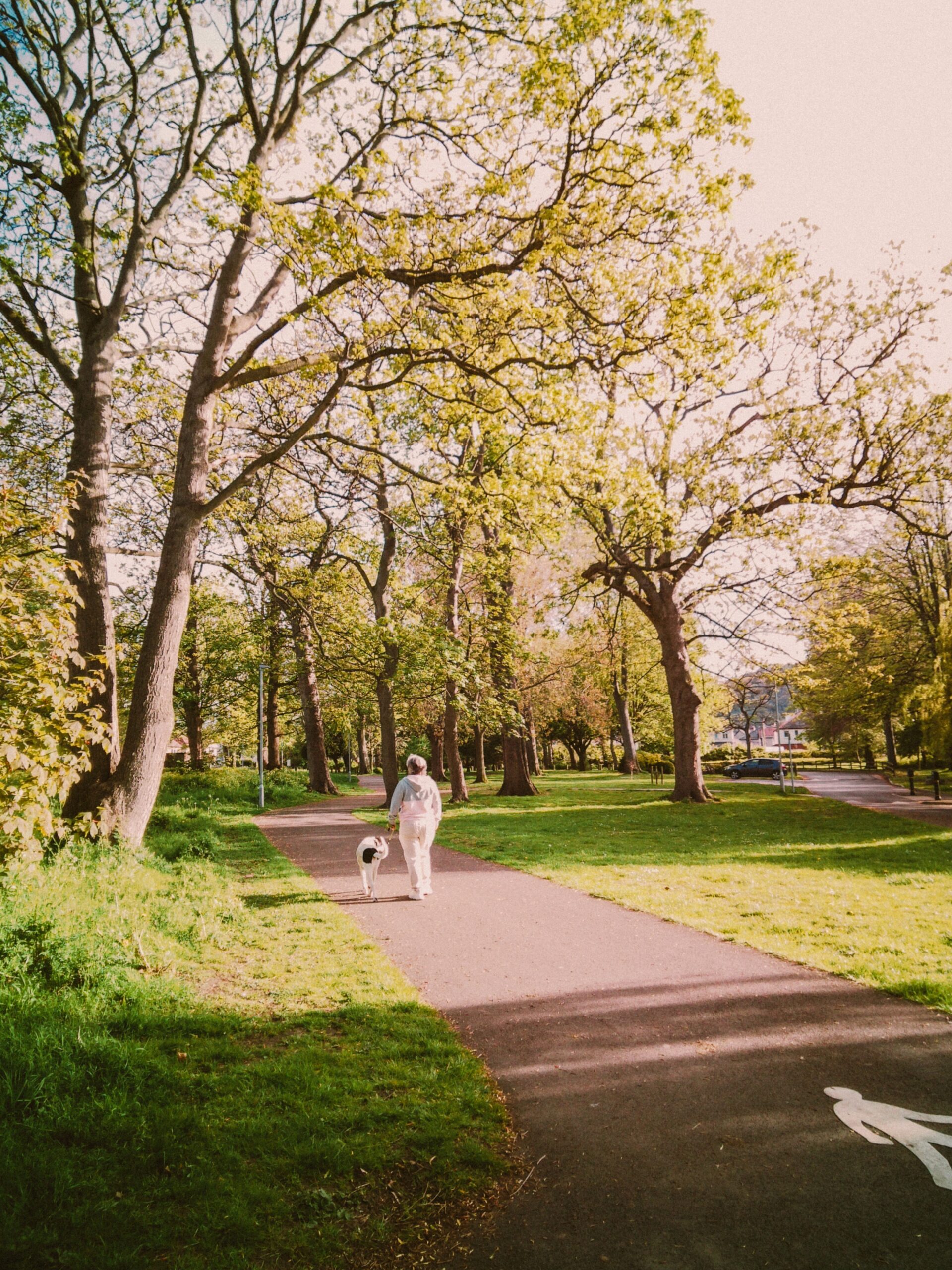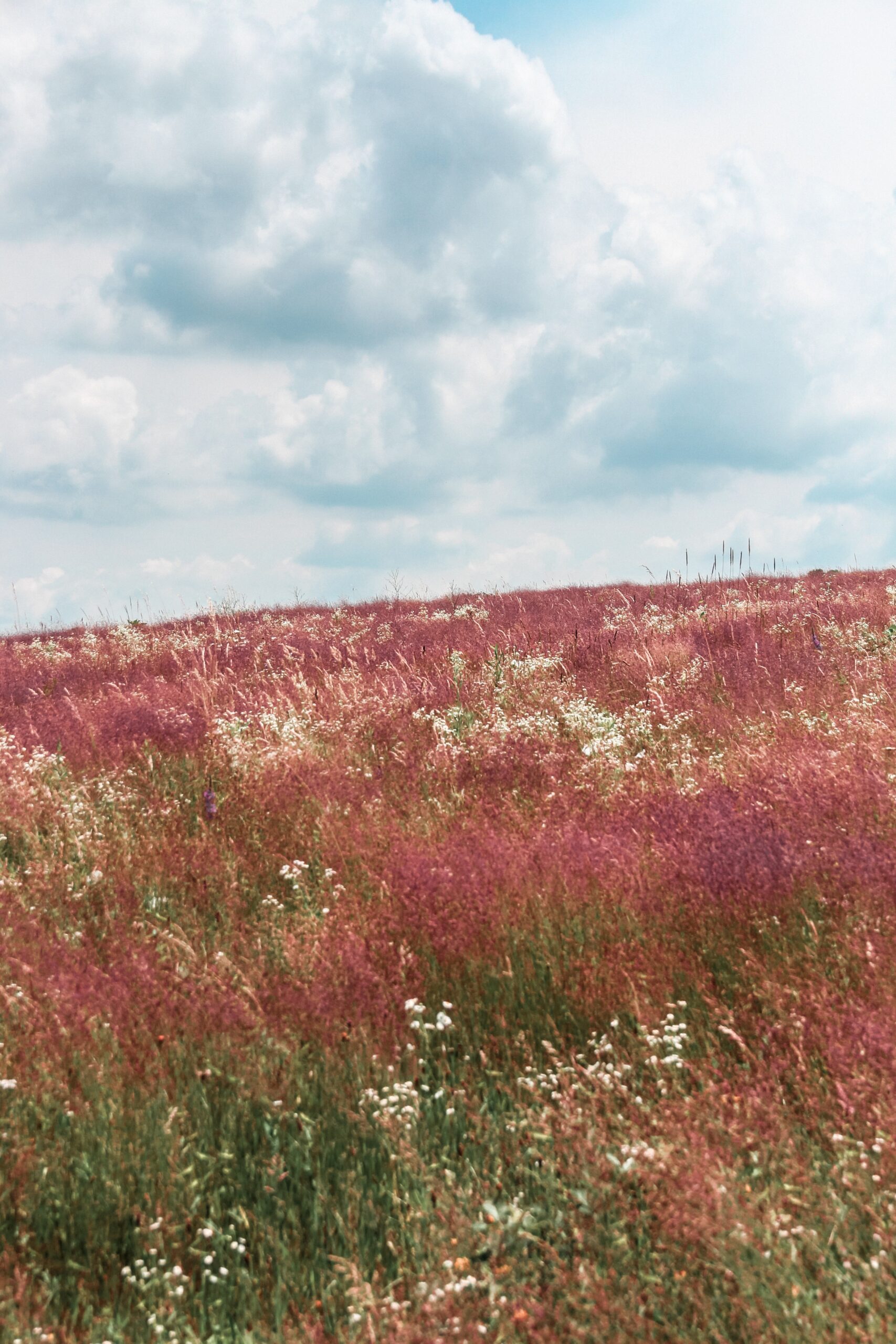Being present has innumerable physical and health benefits. Here’s how to live in the moment in our on-the-go society.
The demands on our attention have never been more pervasive. Today, our minds are constantly pulled in a hundred directions by pings from our devices, endless to-do lists, and a culture that seems to expect us always to be “on.” The result is an increasing inability to engage in the present moment, which research shows is to the detriment of our overall health and happiness.
The ability to exist in the present has far-reaching benefits. Think improved mood, focus, and stress management, fewer symptoms of anxiety and depression, and stronger relationships.
Amishi Jha, Ph.D., a neuroscientist, author, and director of Contemplative Neuroscience for the UMindfulness Initiative at the University of Miami whose work focuses on attention, working memory, and mindfulness, equates “living in the moment” to giving something our full attention. Attention, in the broadest sense, she says, is the brain’s capacity to prioritize information.)
According to Jha’s research, practicing mindfulness, even just 12 minutes a day, can strengthen and refuel our capacity to think clearly, regulate emotion, and connect with others. However, Jha notes the practice of mindfulness is not about trying to achieve a particular state of mind.
“Mindfulness is about paying attention to our present moment experience, so it’s about being in the here and the now, without a story about it, without reacting to it,” says Jha in a 2022 episode of Brene Brown’s podcast “Dare to Lead.” “We’re trying to get the raw data of what is actually occurring.”
This idea of letting go of these “stories” led us to a conversation with Copenhagen-based Ernest Holm Svendsen, personal development facilitator, trainer, and bestselling author of How to Live in the Now, which draws on practical exercises for living life in the present moment instead of on autopilot.
Here’s what we learned about the connection between the stories we tell about ourselves and our ability to be present.

Read more: The Case For Moving Slowly
What are the biggest barriers to living in the moment today?
Humans have been gifted with this particular survival mechanism of being able to “predict” the future and learn from the past in a nuanced way. It gave us the ability to simulate things, either in the future or the past, like allowing our ancestors to know winter was coming and to stock up on food.
This is an excellent tool to have, but with modern life being so very complex, the price is that we are constantly trying to predict and plan for so many things. We also suddenly became able to simulate a story about ourselves, including our hopes for our past and future, and it became important for us to predict, analyze, and protect the narrative of who we are.
Today, it’s even harder not to fixate on our persona or identity. Social media puts pressure on us to create and maintain a story of who we are, not only in the eyes of others but to ourselves. Driven by the intensity of modern society, this focus on upholding the stories about ourselves pulls us out of our natural state of being present.
Read more: How Social Media Harms Our Brains
What are a few signs you might be living on “autopilot”?
- Time seems to speed up — this tends to happen because we’re constantly solving tomorrow’s problems. When we do that, we don’t see the uniqueness of things; we simplify them into structures we know, and everything blends together.
- Feelings of unfulfillment or discontent — things are “never enough.”
- Feeling “out of touch” with your mind, body, and emotions.
- Experiencing symptoms of stress and burnout.
Read more: What Happens When You Stop Multitasking?
How can living in the moment positively affect our mental and physical health?
When we are mentally and physically healthy, it’s easier to be present in the moment. When we are present in the moment, we become more mentally and physically healthy. When we are present, we are better able to care for ourselves in an optimal way, recognizing and appropriately acknowledging things like hunger, exhaustion, and pain.
The more mentally unhealthy we are, the more we’ll be pulled into catastrophic or neurotic thinking, fixating on future fears, clinging to the past, and wanting things to be different. Not to say we can’t have dreams and work toward them, but wanting things to be different, opposing reality rather than having some degree of acceptance, can be a slippery slope.
What are a few of your favorite practical tips for those trying to live in the moment?
The intensity of communication and activity today is so heightened; we’re constantly demanding of ourselves that we be on top of things that aren’t part of the present moment.
- Take pauses. This can look like avoiding a packed calendar or not trying to fit too many tasks into one day.
- Work to relax your nervous system. One simple way is to use an app that rings a bell at random intervals, reminding you to stop, take a breath, and notice what’s around you.
- Slow your pace. Allow yourself time to do simple activities, spend time in nature, and do things slowly and with conscious awareness.
- Notice the inner stories, the scary movies you show yourself, that pull you out of the now. For example, if you have an exam, you might lose yourself in the story of that exam and be consumed by worry. The trick is to notice that you’re in a story of your own creation and allow yourself to return to the present moment. This can also happen when ruminating over an event in the past.
Where should people get started?
There are so many resources online, lectures, as well as books and podcasts, for someone who is new to the practice of the present. I would invite beginners to immerse themselves in understanding some of the fundamentals and tools, see what makes sense to them, and dip in with a few simple exercises.

Read more: Our Favorite Meditation Apps
Have feedback on our story? Email [email protected] to let us know what you think!

Shop Pillows
The Essential Organic Pillow Collection
Gentle, breathable, non-toxic support.







